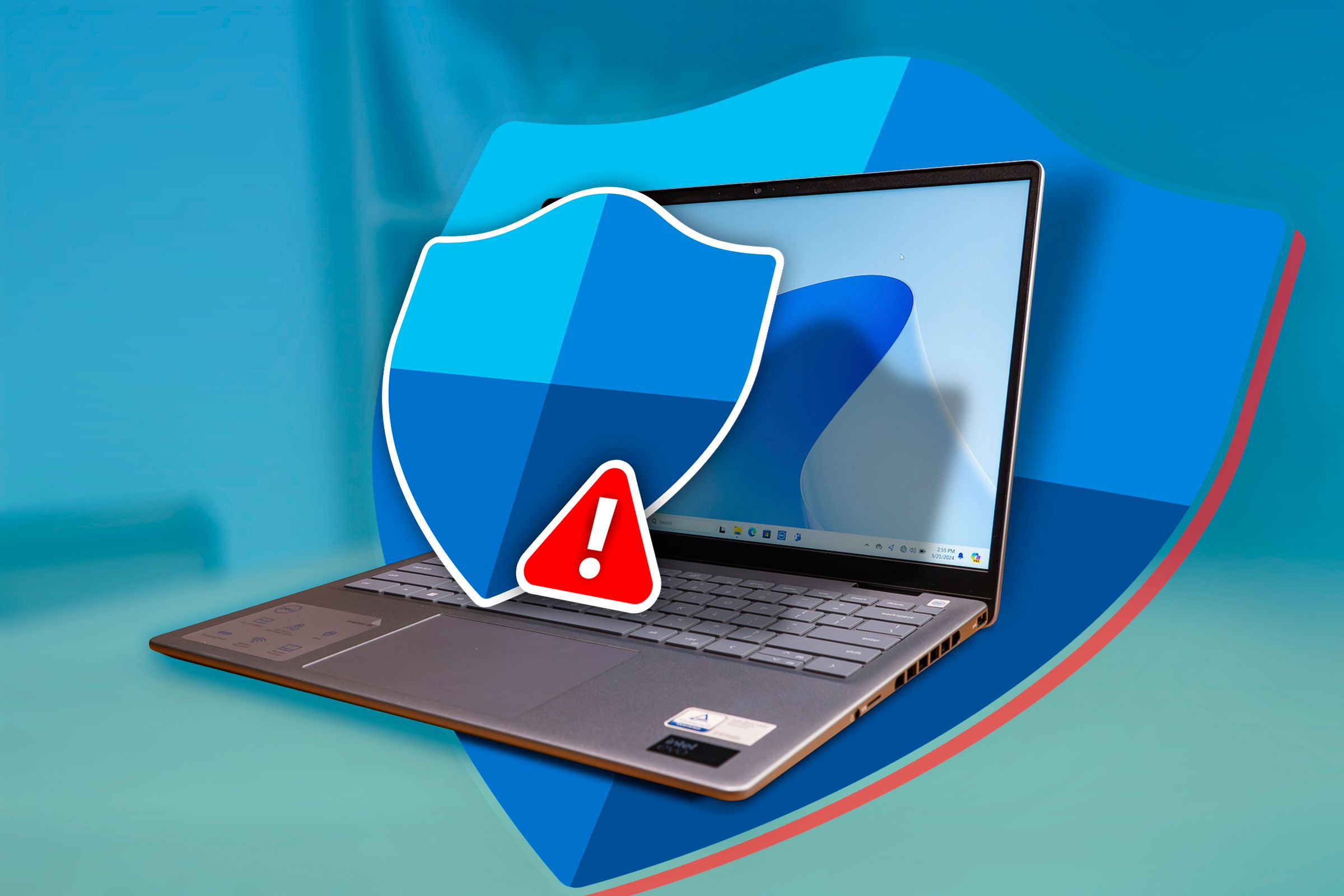Key Takeaways
- Windows is secure, but you need to keep it updated and follow best practices to keep it that way.
- Windows 11 includes security features such as exploit protection, virtualization, and Microsoft Defender.
- You play a part: use a supported, up-to-date version of Windows 10 or 11 and be careful when downloading software.
Windows 11 is a secure operating system. However, old versions of Windows had some (in)famous security holes, and people who insist on continuing to use obsolete versions of Windows give the false impression that modern Windows has the same issues. Here’s where things actually stand.
Why Do People Think Windows is Insecure?
Historically, Windows has had some significant security issues that have had media exposure. These include:
- MS10-046 which allowed for malware to be installed through an infected shortcut file.
- MS04-028 infected JPEG image files could be used to execute malicious code.
- CVE-2021-34527 known as the PrintNightmare turned the Windows print spooler into a vector for hackers.
- MS03-026 was a vulnerability used by the famous Blaster worm that ran amok in the early 2000s.
These bugs have all long since been patched, along with thousands of others through regular Windows Updates, before they’ve been exploited. This leads to probably the biggest factor in Windows being seen as insecure by some: the continued use of obsolete versions of the operating system.
Windows 8, Windows 7, and Windows XP are all discontinued products that receive no support or security patches, and aren’t expected to protect your security. If you’re using an old version of Windows, it’s 100% at your own risk. Only Windows 10 and Windows 11 are currently supported by Microsoft and receive frequent security updates.
How does Windows 11 Keep You Secure?
No software is 100% secure, especially something as complex as an operating system. However, Windows has robust measures to help protect you and prevent vulnerabilities from being exploited. Most of these are enabled by default, and you may not even be aware that they are protecting you in the background.
- Exploit Protection: This feature mitigates the common attack methods used by malware like buffer overflows.
- Virtualization and Credential Guard: Windows 11 implements virtualization (isolating programs from your system) to prevent malicious programs accessing things they shouldn’t. Credential Guard protects your usernames, passwords, and other sensitive credentials by storing them where malware cannot access them.
- Microsoft Defender and SmartScreen: Windows 11 ships with its own built-in antivirus (and it’s actually pretty good!), as well as SmartScreen to protect against malicious websites and phishing.
- Smart App Control: This blocks malicious or untrusted apps from running at all, including apps that display ads and slow down your computer.
This is all done in conjunction with secure boot, BitLocker drive encryption and Windows Hello authentication to protect your device in the case it is lost or stolen.
The Biggest Threat to Windows Security
So, Windows users, don’t fret. So long as you’re using a supported version of Windows, it is actively protecting itself from cyberattacks with industry-standard measures. Or, it’s doing its best… There’s something Windows can’t protect itself against: You!
If you override or disable these security protections, fail to keep your operating system and apps up to date, and fail to follow cybersecurity best practices, you are increasing the chances that your computer will infected with malware or your data hacked.
How to Keep Windows Secure
The most important thing you should do to keep your PC secure is keep it up to date by regularly checking Windows Update. You should also only download software from reputable sources (sticking to installing apps from the Microsoft Store is a good bet), and make sure you’re using a respected Antivirus solution if your aren’t satisfied with Windows Defender.
Of course, you need to be able to use your own computer with confidence. Learning about cybersecurity will help you understand the risks, and teach you to spot potential security issues before they can have any impact.




